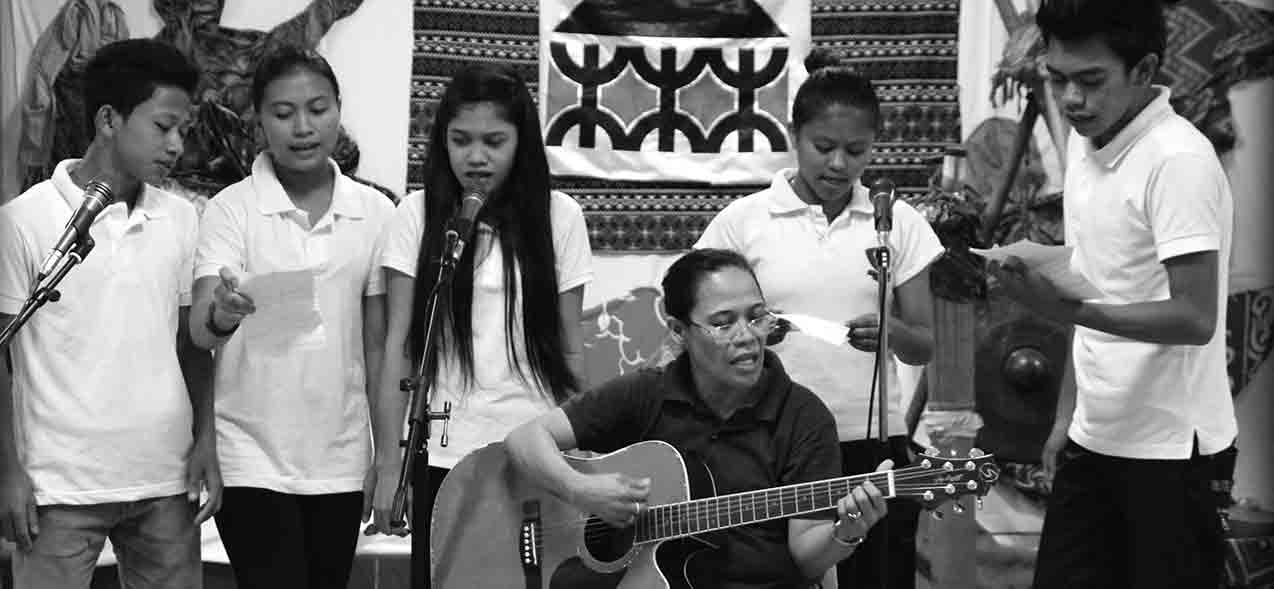Torture victims in conflict-affected areas come forward to seek rehabilitation support

Balay was able to document 44 allegations of torture within the third quarter of the year, covering the period July-September 2016. The victims are all residents in conflict-affected areas in Mindanao, notably in the island of Basilan where government forces are engaged in a deadly operations against the ‘lawless activities’ of the Abu Sayyaf Group, and in the Davao region and in North Cotabato where the New People’s Army has been posing an armed challenged against the Philippines security forces.
| Area | No. of Victims | Male | Female |
| Basilan | 3 | 3 | - |
| North Cotabato | 27 | 19 | 8 |
| Davao Region | 14 | 9 | 5 |
| Total | 44 | 31 | 13 |
Most of the victims are men (70%) suggesting that males are more vulnerable targets of violence than females. Narratives of the victims indicate that many of them have been accused by the perpetrators as either members or sympathizers of the non-state armed groups. They attributed their torture or ill-treatment to mostly members of the military, the police, and to some members of para-military units.
The torture victims in the Davao region have participated in brief therapy activities conducted by the Balay psychologist and social workers. They have obtained some financial assistance from the government’s social welfare department (DSWD) to cover some of their medical and subsistence expenses. Those living in Basilan have accessed hospitalization services from the health department and some welfare support as well. The torture victims in North Cotabato have been endorsed by Balay to the regional office of the DSWD for financial assistance.
Nine of the torture incidents happened within the year, while the rest have taken place several years ago. The victims came into the open when they learned that they are entitled to the state social welfare support under the Anti-Torture Act. Upon knowing the campaign of Balay to facilitate their access to their right to rehabilitation they volunteered to share their narratives, be examined by a doctor, and show relevant documents to attest to their ordeal.
The victims largely belong to the rural poor who depend mostly on agriculture, such as crop growing, tending coconut trees, or providing farm labor for their livelihood. Being dependent on subsistence agriculture, the victims may be considered as economically disadvantaged. Their low educational attainment also suggests another factor for their vulnerability.
Some of the types of torture they suffered include beating, suffocation, threat of death, humiliation, being hit by firearms, hogtied, and blindfolding.
The victims reported that they have experienced various forms of torture or ill treatment in different places while being deprived of liberty. While most incidents of torture took place in military camps, many of the victims said that the authorities hurt them multiple times and during detention in several places, including the time that they were inside the vehicle of their captors and on their way to a place of detention.

